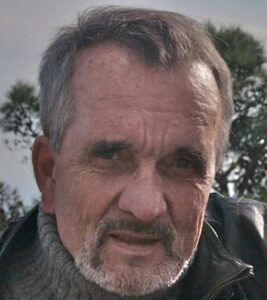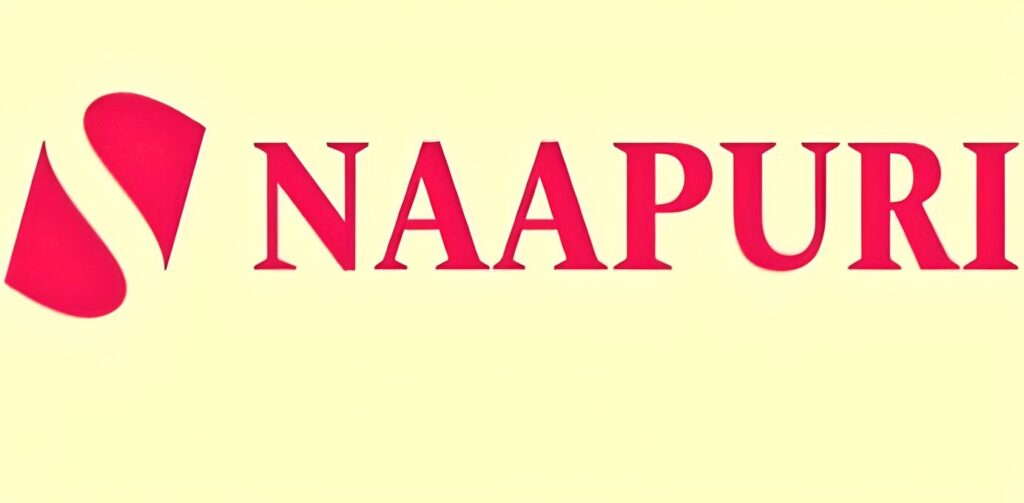
I am asked why some comments have been removed from the Naapuriseura Sanomat pages.
So I'll answer.
The editors have the sovereign power to decide on the magazine's content, and also the responsibility. The starting point is the idea, or actually the ideology, of the Neighbor Society: creating and maintaining good relations between Finland and its neighbors. It means working for peace and harmony. This idea also applies to the relationships of private people.
Because the delivery has too few eyes and hands, our moderation, i.e. advance inspection, is not always without holes. That's why improprieties slip through the sieve from time to time and they are only removed when they have time to become public.
***
We don't want to publish articles that show racism, hatred or unfounded prejudices against people or groups of people on or between the lines.
We can and are allowed to express harsh and even harsher criticism towards, for example, the presidents and prime ministers of different countries, because they are institutions that exercise power.
We condemn Benjamin Netanyahu and his government, i.e. the state of Israel, but not the citizens of Israel. We are not anti-Jewish, anti-Semitic, but we consider Zionism to be a dangerous ideology based on the Old Testament, leading to oppression, violence and wars.
In the same way, we blame the United States for coups, destroying states and millions of people, but not the American people.
We do not publish texts that deny the Holocaust or blame the Jews for the evil of the world, because such thoughts are driven by repulsive currents to raise hatred.
All in all, even harsh criticism is published, as long as it is well-argued. Sniffing and insulting private people do not belong on the Naapuriseuran Sanomat site.
***
More and more commenters appear every day. I am especially happy that more and more people are writing under their own name. Times are such that many people have a good reason to hide behind a nickname, but I encourage everyone to think about whether it would be better to step out of the closet.
Right now we need a conversation where things are called by their right names. Censorship walls must be broken, taboos must be opened.
Take a stand, disagree, but justify, argue!
Naapuriseuran Sanomat is developing into a good forum for direct, versatile and in-depth discussion, perhaps the best in the country. We should thank the road for this, dear spotters and commenters!
11 comments on the post “From the editor-in-chief"
Reply
You must log in to comment.

I can't help but wonder that low-income citizens support the local oligarch-publicans. Their income is of such a level that they don't have time to smoke in the sauna stove when they are transformed into wise men. I'm referring here to farts and lumps!!!
The brainwashing has done its job.
A lot has been written about different religions. I read a rather exhaustive article on Wikipedia regarding anti-Semitism. If you think of thinking people in different religions, including atheists, then all opinions are represented in each group. What is right or wrong are opinions.
Thanks to the editor-in-chief for clarifying the line of the Neighborhood Association.
I think it's good that the publication stays neat and to the point, not too much
drift into the provocative line of the corresponding publication.
A little hope... If there are enough resources, it would be nice to read
also news other than those related in some way to the war.
It is hard to read war news every day. As a counterweight to them, and when you can't find written articles, you can watch videos about how, for example, Asia is developing. Silence is a significant part of the information strategy of the West, and for Finland and YLE, the almost complete lack of monitoring China's development is perhaps the biggest "lie". Because it turns into a lie when you can't see it. YouTube is still functional to the extent that it offers new factors when you first find the end of the thread. I personally watch, for example, the "Little Chinese Everywhere" channel, where a young Chinese woman travels around her country on a scooter and shows especially its more unknown parts, i.e. the countryside. The big sights are of course the big cities, but the freshness of this channel is attractive. There are plenty of channels from big cities and futuristic infrastructure.
Why deny the holocaust? Denial is a mine that no opposition should step on. Sometimes it occurs to me that sylttytehdas itself participates in the activity by floating doubting Tuomaks to the columns of the alternative media. Albert Speer, who was one of Hitler's closest assistants and the only assistant who did not end up on the gallows, mentions in his memoirs that Hitler announced his goal to exterminate the Jews in the parliament as early as September 1, 1939. The same Speer mentions the chapter five million victims that had been presented at the Nuremberg military court in the speech of his own colleague. Even though Wikipedia is a politicized information source in current affairs, it seems to be credible when it comes to the Holocaust. According to it, e.g. compiled a list of 4,8 million names of the victims, of which there were six million. So there is some leeway for the doubters, but the list is still being added.
A good question, on the other hand, is the one that Wikipedia also raises, whether it is right to reserve the concept of the Holocaust only for Jews. There are many more victims, depending on the method of calculation, from eleven million up to seventeen. Not only Jews were killed because of their ethnicity, but also Slavs and many minorities and political opponents such as communists and left-wing social democrats, Roma and others. This issue can and will be discussed.
Denial is also the pursuit of specialness and seeking attention. Historian John Irving is probably the most famous of this group. As far as I can tell, he doesn't consider himself a denialist, but when he demands written documentation of everything, he gets quite far. The Nazis, who were cunning in every matter, of course did not make the mistake of leaving written sources for their destructive activities.
However, the criminalization of Holocaust denial must be condemned because it is the gateway to the criminalization of all opposition activities. It was evidently seen during the corona when distinguished scientists were fired from their positions and the media put a gag on them because they did not agree with the official body, i.e. governments and drug manufacturers. Holocaust deniers can be argued against with good success, but their writings need not or should not be brought out, as happened here recently when an unnamed alternative media published unprintable fabrications in a series of lie, mother lie statistics. Weak statistics can be found from which you can easily build all kinds of things.
All criminalization of opinions belongs to dictatorships. It is based on the fact that you are not able to refute an erroneous opinion with reasonable arguments and factual information. For example, the denial of the Holocaust does not and should not be prohibited or criminalized, because it can easily be shown to be a hoax based on the facts.
Even for such a person. for whom scientific and other facts do not open, the denial of the Holocaust can easily be classified as at least dubious "information", because it is one of the few things on which "East" and "West" agree. Only the Nazis (who are criminals and not just a political orientation) deny the Holocaust.
Freedom of very different (and also incorrect) opinions is a prerequisite for all democracy. Even so, it does not mean that Naapuriseuran Sanomat (or any similar) should publish any garbage or inappropriate opinions contrary to the line of the publication. However, a healthy criticism based on facts would be welcome.
I warmly support Mauno Saari's wish to use his own name when taking a stand on things. Of course, there are situations when writing openly against, for example, the employer's line can lead to difficulties. Being the target of painting is possible, although the threat is perhaps exaggerated. Personally, I'm always happy when I find out who I'm actually arguing with or agree with. It should be normal, an exception to the nickname.
I personally support broad freedom of speech (it is not and will not be perfect), and I do not like, for example, the criminalization of the denial of the Holocaust and some other things related to Nazism in Germany. Ideas do not disappear by banning under the threat of sanctions. Everything must be able to be discussed, there is no need and should not be taboo topics.
Equally important, however, is that extensive freedom of speech is accompanied by extensive responsibility. It includes both politeness and the ideas of not being rude to the person. Even if we criticize people in power, the criticism must be based on actions, not on the appearance or other personal characteristics of the person in power. "Hate speech" is hard to define, but most of us recognize it in ourselves and others. The most important feature of hate speech is that it encourages or incites violence. It doesn't fit into broad freedom of speech.
The people in power are not really interested in a truly free and lively public debate, but without it there is no control over the people in power. If the media remains silent in the face of a lie or a crime, only civil debate can save us from the consequences of irresponsible silence.
Where are the critical stories about the Russian president? Right, don't bite the hand that feeds you.
Yep, they belong to the monopoly of the "mediapol" ..
A couple of questions, we are waiting for the spring meeting and had this year's membership fee already been paid? That is, the bank contact information and the amount of the membership fee for 2024?